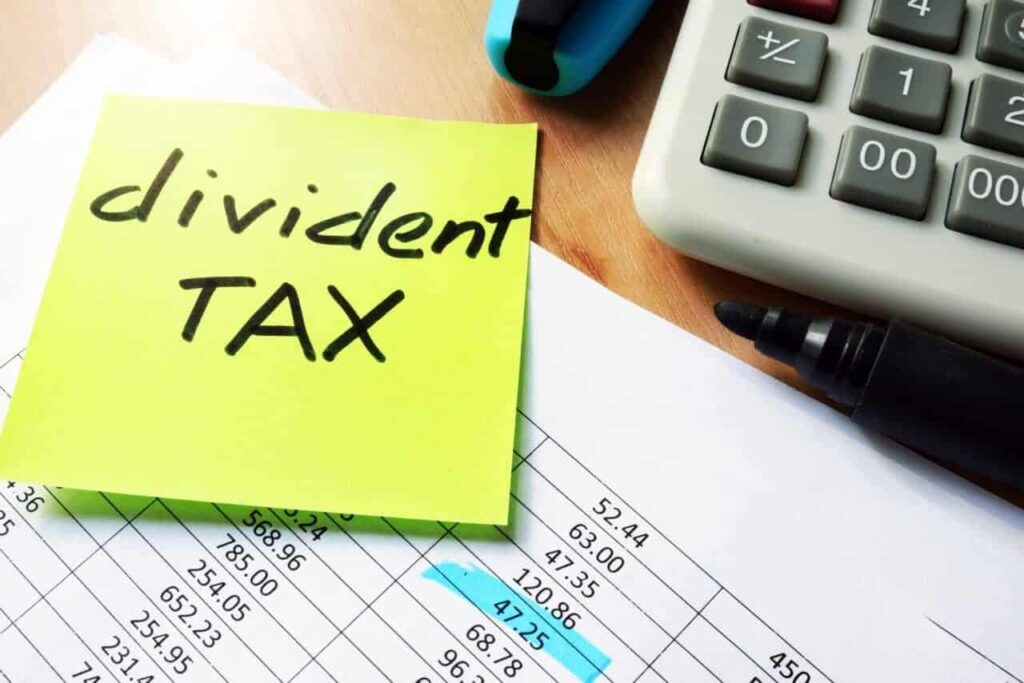
Dividend Tax in the Netherlands
Updated on 19 February 2024
The dividend tax Netherlands is a kind of income tax on payments of dividends to the shareholders of companies. The Netherlands tax law has provisions for a fixed rate on dividends. In case the business meets particular criteria, tax exemptions may apply. Our local agents can give you comprehensive information on tax compliance with respect to any Dutch entity.
The maximum rate for a dividend tax Netherlands is 25%. However, companies do not owe dividend taxes if they fulfil certain requirements for participation exemption. This exemption concerns capital gains and dividends from shares of no less than 5%. Subsidiaries can be eligible for participation exemptions if they are active and pass the tax test (for being taxed in accordance to the Dutch principles). Additionally, less than 50% of the company’s assets can be passive. If a subsidiary meets these conditions, its income from dividends is exempt from taxes.
Dutch companies not qualifying for participation exemption are liable for taxes at the usual corporate rate with respect to profit from shares. If Dutch subsidiaries are subject to corporate tax but they do not meet all criteria to benefit fully from the exemption, they may receive a special credit.
Our lawyers in the Netherlands can provide you with detailed information on the provisions relevant to dividend income.
Dutch corporate taxes
According to the national law companies established in the country are resident and need to pay taxes on any income generated worldwide. Non-resident entities performing activities in the Netherlands owe taxes only with respect to income generated locally.
The Netherlands tax on corporate income is levied for all profits from business activities in the Netherlands, including income from foreign sources, capital gains and passive income.
The Dutch Tax office or ''Belastingdienst'' in Dutch, is the agency in charge of internal revenue and taxation. If you need more details on the Dutch tax system, do not hesitate to contact our local lawyers. We offer comprehensive services with respect to tax compliance. You can also check our article on paying taxes in the Netherlands.




